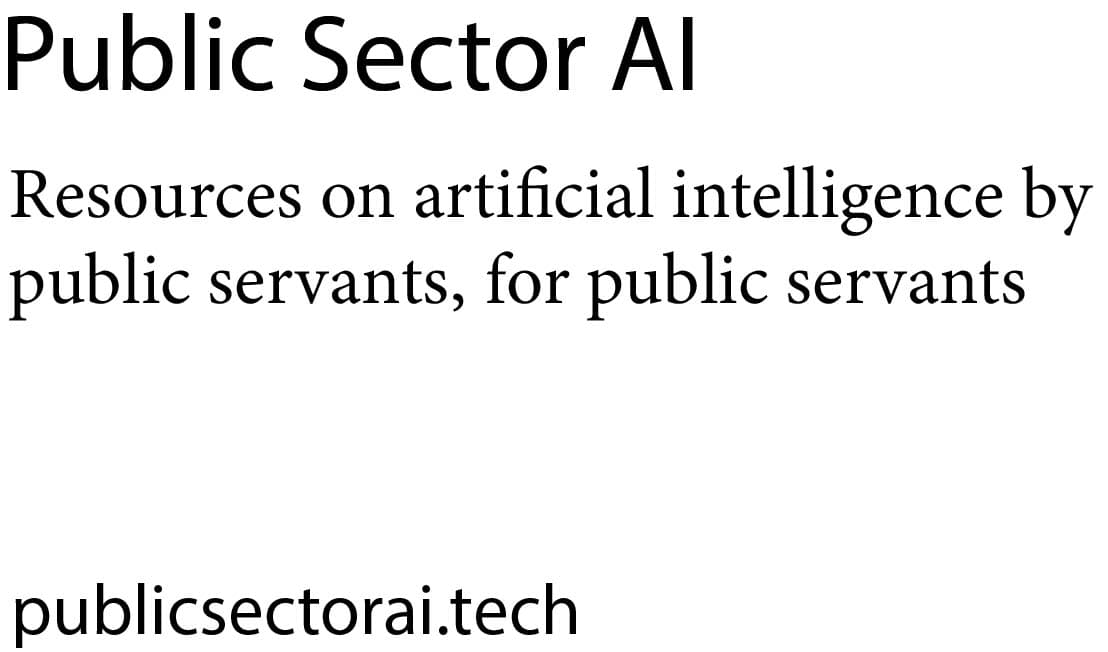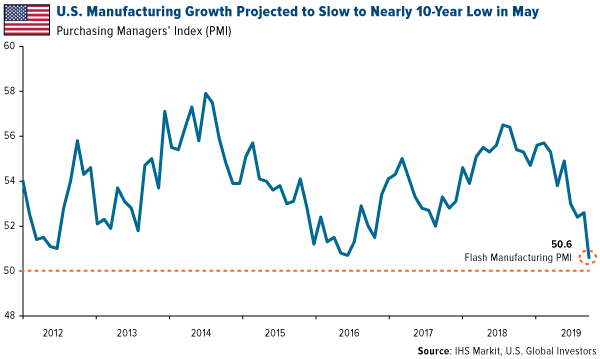Palantir's NATO Deal: A Revolution In Public Sector AI?

Table of Contents
Enhanced Intelligence Gathering and Analysis with Palantir's AI
Palantir's platform offers NATO a powerful tool for enhancing intelligence gathering and analysis. This is achieved through several key functionalities:
Data Integration and Fusion
Palantir's technology excels at integrating diverse data sources into a unified, actionable intelligence picture. This includes: satellite imagery, social media feeds, intelligence reports, sensor data, and more. This integration facilitates:
- Improved situational awareness: Providing a 360-degree view of complex situations.
- Faster threat identification: Quickly identifying emerging threats and potential risks.
- Predictive capabilities: Forecasting potential threats and enabling proactive defense strategies.
Products like Palantir Gotham, a powerful data integration and analysis platform, play a crucial role in this process, enabling analysts to connect disparate data points and uncover hidden insights that would otherwise remain unnoticed.
Predictive Analytics for Proactive Defense
Palantir's AI algorithms go beyond simple data analysis, offering predictive capabilities that empower proactive defense strategies. This includes:
- Early warning systems: Identifying potential threats before they materialize.
- Resource allocation optimization: Efficiently allocating resources based on predicted threats and needs.
- Improved mission planning: Developing more effective and efficient mission plans based on risk assessment and predictive modeling.
By improving predictive capabilities, Palantir's technology has the potential to significantly reduce response times and minimize casualties in various scenarios.
Improved Collaboration and Information Sharing
Effective collective defense requires seamless information sharing among allies. Palantir facilitates this through secure data sharing and collaborative platforms, allowing NATO members to:
- Enhance interoperability: Streamlining information exchange between different systems and agencies.
- Streamline communication: Facilitating real-time communication and collaboration.
- Reduce information silos: Breaking down barriers between different data sources and organizations.
Real-time data sharing is critical for effective collective defense, and Palantir's technology is designed to deliver this capability securely and efficiently.
Revolutionizing Cybersecurity within NATO with Palantir's AI
Palantir's AI capabilities are not limited to intelligence gathering; they also offer significant advancements in cybersecurity:
Threat Detection and Response
Palantir's platform provides advanced threat detection and response capabilities, empowering NATO to:
- Improve vulnerability management: Identifying and mitigating potential vulnerabilities before they can be exploited.
- Automate incident response: Quickly and efficiently responding to cyberattacks.
- Enhance threat hunting capabilities: Proactively searching for and neutralizing cyber threats.
This strengthens NATO's overall cybersecurity posture, enhancing its resilience against cyberattacks.
Protecting Critical Infrastructure
Protecting critical infrastructure is paramount for national security. Palantir's AI can help safeguard NATO's assets by:
- Enabling early detection of intrusions: Quickly identifying unauthorized access attempts.
- Preventing data breaches: Minimizing the risk of sensitive data being compromised.
- Facilitating rapid containment of threats: Containing cyberattacks before they can cause significant damage.
The economic and security implications of protecting critical infrastructure cannot be overstated, and Palantir's technology offers a significant advancement in this area.
Combating Disinformation and Propaganda
In the age of information warfare, combating disinformation and propaganda is crucial. Palantir can assist NATO in:
- Social media monitoring: Identifying and tracking disinformation campaigns.
- Identifying false narratives: Unmasking false information and propaganda efforts.
- Countering propaganda efforts: Developing strategies to counter misinformation and propaganda.
Maintaining public trust and countering misinformation are essential for national security, and Palantir's technology provides valuable tools in this fight.
Palantir's Impact on Public Sector AI Adoption Beyond NATO
Palantir's NATO deal sets a significant precedent for the adoption of AI in the public sector:
Setting a Precedent
The success of Palantir's collaboration with NATO could significantly influence other governments and public sector organizations to embrace AI solutions for:
- Increased confidence in AI for national security: Demonstrating the practical applications and benefits of AI.
- Demonstration of effective AI implementation: Providing a real-world example of successful AI integration.
- Potential for broader adoption: Encouraging wider adoption of AI across various government agencies.
Ethical Considerations and Transparency
The adoption of AI in the public sector also raises important ethical considerations:
- Importance of responsible AI development: Ensuring that AI systems are developed and used responsibly.
- Need for transparency and accountability: Maintaining transparency in the use of AI and ensuring accountability for its outcomes.
- Potential for misuse of AI: Addressing the potential for AI to be used for unethical or harmful purposes.
Future Applications of Palantir's Technology
Beyond defense and security, Palantir's technology holds significant potential in various public sector domains:
- Disaster response: Improving response times and resource allocation during emergencies.
- Public health: Tracking disease outbreaks and improving public health initiatives.
- Crime prevention: Identifying crime patterns and improving law enforcement strategies.
The versatility of Palantir's platform suggests a wide range of future applications beyond its current focus.
Conclusion: Palantir's NATO Deal – A Turning Point for Public Sector AI?
Palantir's NATO deal represents a potentially transformative moment for public sector AI adoption. While offering significant advantages in intelligence gathering, cybersecurity, and crisis response, it also highlights the importance of responsible AI development and ethical considerations. The deal's success will not only enhance NATO's capabilities but also serve as a powerful example for other governments and public sector organizations considering AI integration. Explore the transformative potential of Palantir's NATO deal and the future of AI in public service. Learn more about Palantir's innovative solutions and their impact on national security.

Featured Posts
-
 Paris Saint Germains Triumph Luis Enriques Impact On The French Champions
May 09, 2025
Paris Saint Germains Triumph Luis Enriques Impact On The French Champions
May 09, 2025 -
 One Cryptocurrency Surviving The Trade War Investment Analysis
May 09, 2025
One Cryptocurrency Surviving The Trade War Investment Analysis
May 09, 2025 -
 Jazz Cash K Trade Partnership Expanding Stock Market Reach
May 09, 2025
Jazz Cash K Trade Partnership Expanding Stock Market Reach
May 09, 2025 -
 Ferdinand Changes Champions League Final Prediction Psg Vs Arsenal Showdown
May 09, 2025
Ferdinand Changes Champions League Final Prediction Psg Vs Arsenal Showdown
May 09, 2025 -
 Stiven King Kritikuye Trampa Ta Maska Ostanni Novini
May 09, 2025
Stiven King Kritikuye Trampa Ta Maska Ostanni Novini
May 09, 2025
